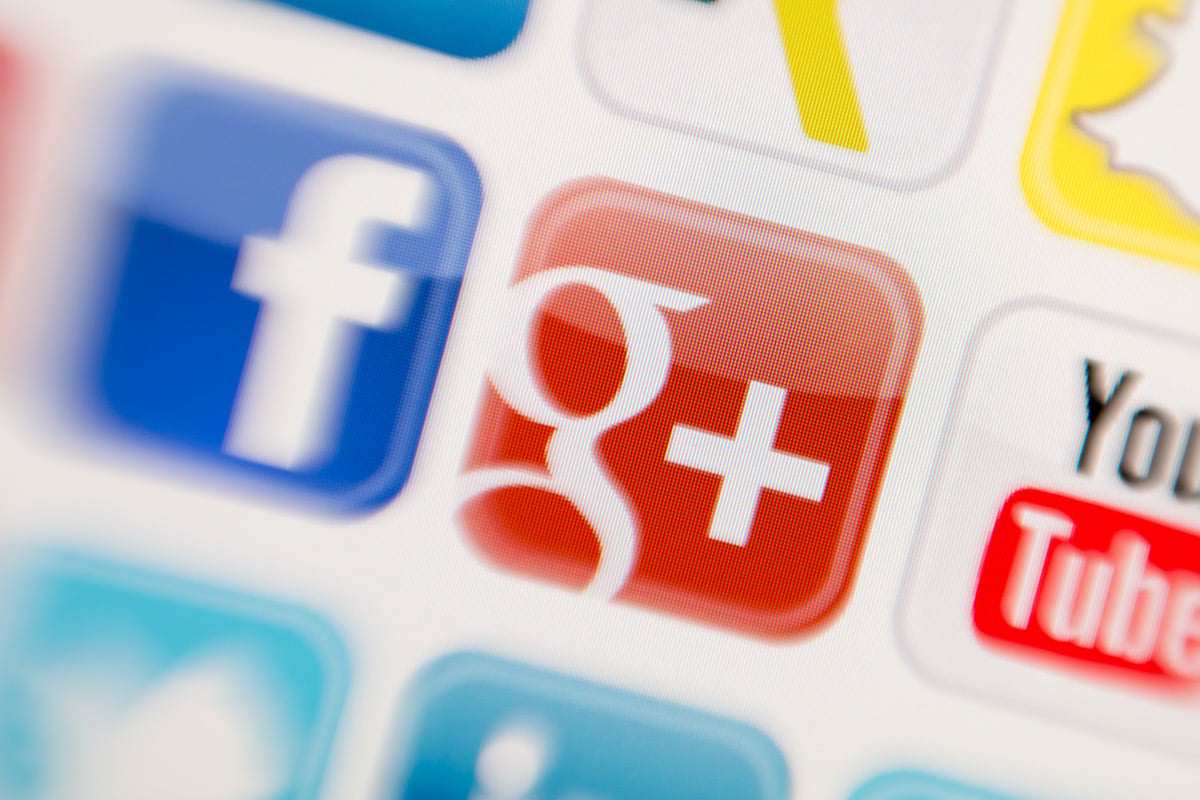It’s not the first time this has happened recently. Tumblr announced its new blanket policy on adult content late last year, and desperately bungled the rollout and policing of said policy (a circa-2012 photo of a cut on my ring finger, caused by a wineglass/dishwasher accident, was initially flagged as obscene… presumably because of the shape of the wound).
And the exodus began. Because if there’s one thing Tumblr users loved most, it was being more emo than you could possibly imagine. After that, a lot of daylight. Then, bespoke erotica. To be honest, my misguided circa-2012 curation of interesting arty/nerdy stuff with pretentious captions never even gained an audience. But now that the porn’s gone, it’s probably like 70% of the content on Tumblr. Shame I don’t have the password anymore, or access to the email account that would allow me to reset the password. Or any interest in continuing to add to the corpus.
So, not a shame at all, really.
Anyway, in the wake of both Tumblr’s porn ban and Google+’s announcement, there have been a few different social mediases’ hats thrown into the ring. Google+ tends to be the domain of gaming nerds, who settled there many years ago to discuss the ins and outs of pretending to be elves and global conspiracies that work well as the backdrop to gritty narratives interrupted by occasional dice-rolling.
The main contender appears to be MeWe, which is terrible. Maybe it’ll get better, but for now it’s replaced “Bebo” as my go-to social media punchline. It’s boring, confusing and – thus far – seems to have even less take-up than Vero. (Remember Vero? The Facebook-killer? Ha!)
There used to be a conventional wisdom that you had to be across all these platforms, especially if you were valiantly hoping to build a community around your business, product or whatever. But as an actual case-in-point of how humans use social media, it’s more useful and interesting to watch what happens on April 2. Because it looks a lot like Google+ isn’t one of many social media channels people are using in parallel. It’s more like their primary or sole platform.
These people aren’t saying, “Oh well, we’ll just use our Twitter accounts to chat” – they’re planning a move from A to B, and still determining what “B” is. Will we see schisms? How will the G+ users adapt to their replacement ecosystem(s)? Will these platforms make changes, introduce Google-style features, to entice them in? Should I get back to posting pretentious content with pompous captions?







